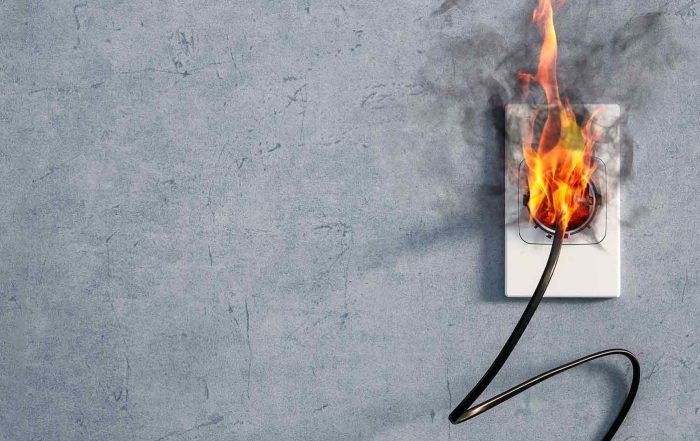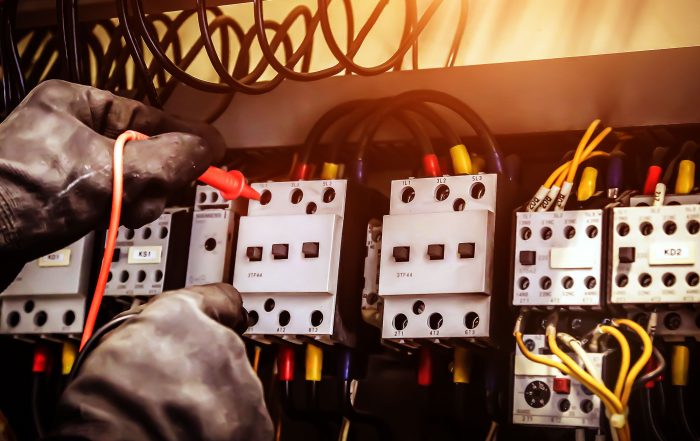Your Guide to Energy-Efficient Living
Your Guide to Energy-Efficient Living
In a world where the cost of living continues to rise and there is ever-growing pressure on resources, you might be looking for ways to lower your costs and use resources more wisely.
One of the best ways to do that is to make your home more energy-efficient. Whether you’re a homeowner or a renter, applying some simple energy-saving tips will save you money in the form of reductions in your average electricity bill, and you’ll also be doing your part in using energy-producing resources more efficiently and sustainably.
Here are some ideas that should be part of any serious energy-savings scheme:
Insulate Walls and Attics
Insulation that’s working well will slow the flow of heat coming in during the summer and of heat flowing out in the winter. Each season, check your attic insulation to see if it needs filling in or replacing. For walls that are not already insulated, blown-in insulation is an option. Good insulation means less work for air conditioning and heating systems, reducing energy use and costs.
Replace or Upgrade Windows
Older windows and single-pane windows are notoriously “leaky” and inefficient. Upgrading to modern, energy-efficient windows can be costly, but it can also save a lot more money in bills over the long term.
You can also look at double glazing, which can sometimes even be retrofitted to your existing windows.
Use Energy-Saving Light Bulbs
Incandescent light bulbs are a thing of the past when it comes to efficiency. Modern options such as LED bulbs and compact fluorescent lamps (CFLs) last longer and use less energy. In addition to that, they generate less heat, which in warmer months can translate to further savings. Like modern windows, they cost more initially but save money over time.
Install Modern, Efficient Furnace Systems
Did you know that furnace systems built before 1992 with a standing pilot light waste more than a third of the fuel they use? These old systems are also near the end of their service lives. For systems using natural gas, modern condensing furnaces are no less than 90% efficient.
If you do have a furnace, check to see how old it is.
Make Your Hot Water System More Efficient
There are a few ways to make the hot water system more efficient and save energy and money. One of those is to turn the temperature down, especially during warmer months. Another is to insulate the hot water lines to keep them from cooing off as rapidly between uses. Finally, use low-flow fixtures for the bath and shower. Beyond that, if your water heater is an old unit that is highly inefficient, consider replacing it with a new energy efficient one. The up-front investment can often pay for itself in energy savings over the course of a few years, so consider how long you will own the home and plan accordingly.
Adjust Your Aircon Temperature and Use Ceiling Fans
In summer and winter, you can adjust your aircon temperature up or down, respectively, by up to a few degrees and still be comfortable. Even a few degrees difference can save a lot of money in the hot summer months or on cold winter nights. If your system supports it, set a program that will adjust temperatures according to a schedule. If you have ceiling fans, utilise them in the summer to compensate for the temperature changes.
Turn Off Electronics Not in Use
Something almost all of us are guilty of is leaving things like computers turned on all day and all night instead of just when we are using them. Even newer machines that hibernate or go into energy-saving modes still use energy when left turned on and plugged in. This goes for charging a cell phone all night as well. Charge when you need to, and unplug your chargers when you’re not using them whenever possible.
Run Dishwashers and Laundry at Night
Dishwashers, washing machines, and dryers generate additional heat. Running them during cooler, darker hours keeps things cooler and reduces demand on the power grid during peak times when energy sometimes is more expensive. Likewise, consider letting dishes air dry instead of using the heat-drying feature.
Plant Shade Trees
Trees and larger shrubs planted near the house can provide cooling shade. The benefits are especially pronounced on the west side of a house because in summer, the foliage helps block the hot afternoon sun, and in winter, the bare limbs allow warmer afternoon sunlight to penetrate. An added bonus: this landscaping can add to a home’s curb appeal and increase its resale value.
Other Tips
Now here are some tips that are more or less self-explanatory. They may seem obvious, but they’re often overlooked, and the savings add up!
- If you can, use cold water to do your laundry.
- Replace your air filters monthly so systems run more efficiently.
- In warm weather, close shades, drapes, and blinds on the sunny side of the house. In cold weather, open them.
- Whenever you can, use natural light.
- Because ventilation fans in kitchens and bathrooms circulate outside air to the inside, don’t leave them running when you don’t need them.
- A few minutes before your food finishes cooking in the oven, you can turn the oven off. There will still be enough heat for the cooking to finish, but you’ll save some energy. It sounds small, but everything counts.
- Go solar. This is a whole other topic you can read more about on our blog.
- Finally, and you’ve been hearing this since you were a kid, turn the lights off when you leave a room!
Talk to the Faraday Group!
The Faraday Group is the premier Sydney area residential and commercial electrician and can help you with the electrical work you don’t have the time, knowledge, or patience for. If you have questions, we have answers, and you can contact us today for a free quote!



